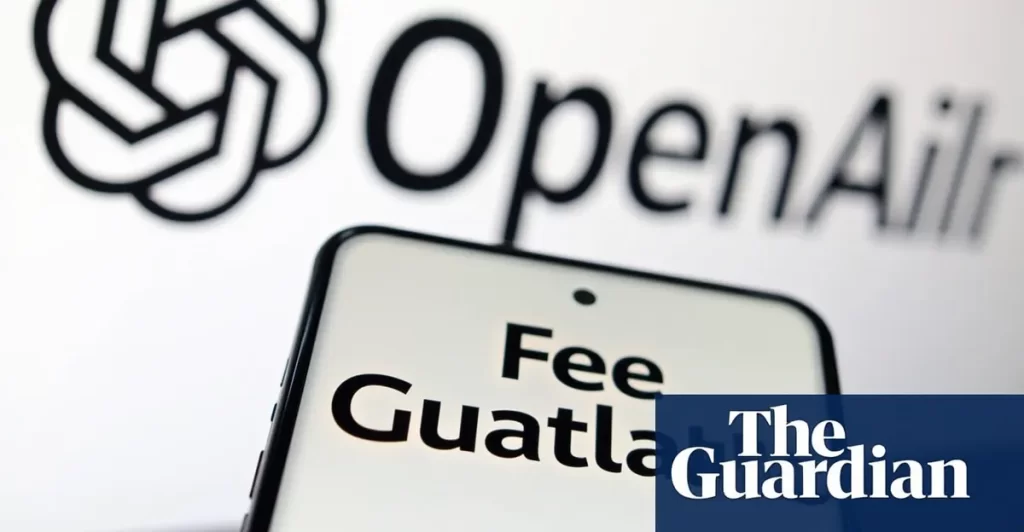The Urgent Need for AI Ethics Policies
In today’s tech-driven world, artificial intelligence (AI) is everywhere. However, when misused, its effects can be devastating. Kaylin Hayman’s story is a grim reminder of this potential misuse. A man used AI to create child abuse materials with her images, prompting a legal fight for justice. Consequently, this highlights the urgent need to safeguard against AI misuse.
Legal Advances: Protecting Vulnerable Communities
Furthermore, Kaylin’s brave actions led to legislative changes. In California, she supported a bill that expands laws against child sexual abuse material to include AI-generated content. Consequently, Governor Gavin Newsom signed it into law, making AI abuse a criminal offense. This action underlines the need for robust AI ethics policies, especially to protect children.
Addressing the Social Media Challenge
However, it’s not just the legal system that needs reform. Social media platforms must also play a role. For instance, Instagram has introduced privacy measures for young users, yet gaps remain. Parents and companies need to shield young users from AI-generated threats. Therefore, increased vigilance and accountability are essential.
Educating the Industry on AI Risks
Moreover, entertainment industry leaders must recognize AI risks. As Kaylin’s case shows, actors, particularly young ones, face unique vulnerabilities. It is vital that unions and studios provide resources to combat harassment and educate members about AI threats. Ultimately, industry-wide awareness is crucial to protecting public figures.
AI Misuse in Broader Contexts
Kaylin’s story is just one example of AI misuse. The National Center for Missing & Exploited Children reports increasing AI-generated abuse material. This reveals a broader, ongoing challenge in how AI creates opportunities for exploitation. Consequently, governments and companies must collaborate to develop AI ethics guidelines that prioritize safety.
Fostering a Safe Technological Future
To illustrate, AI holds promise for enhancing safety via detection and deterrent measures. Yet, without careful regulation, it poses risks. Ethical frameworks and proactive measures can prevent AI misuse. In conclusion, everyone has a role in ensuring that AI technology progresses without harming society’s most vulnerable.
Call to Action
Ultimately, creating a safer digital world requires collective effort. Policymakers, tech developers, industry leaders, and everyday users must commit to ethical AI practices. By doing so, we can ensure technology empowers rather than endangers. Thus, the call for AI ethics is now more pressing than ever.
For more on safeguarding against AI misuse, read the full article here.



